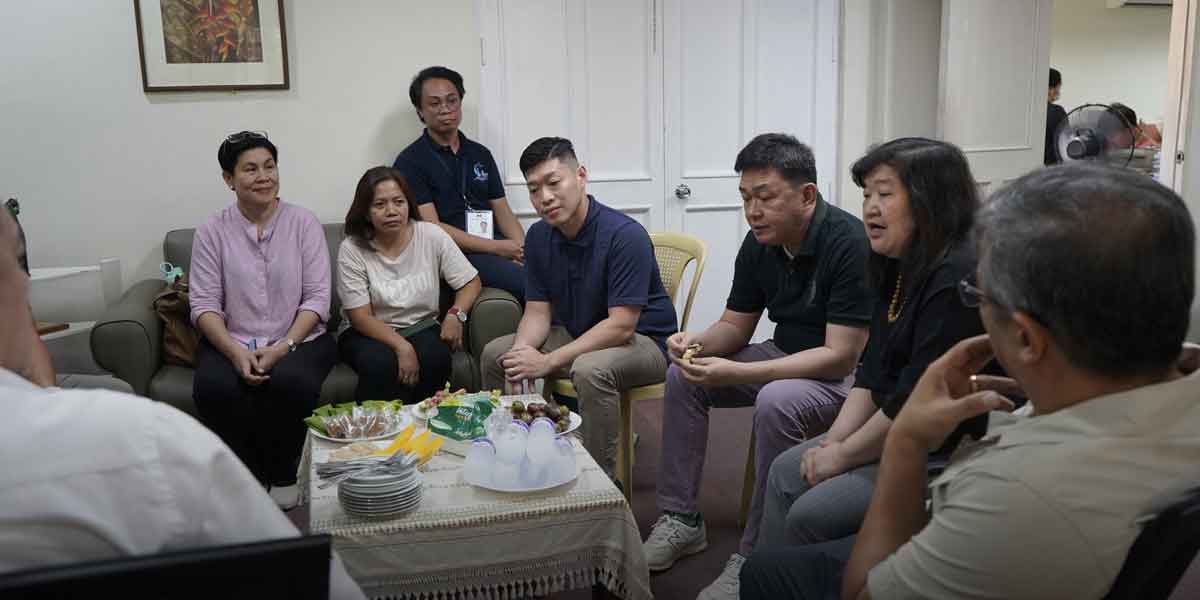 By Atty. Eduardo T. Reyes III
By Atty. Eduardo T. Reyes III
The private practice of law is essentially a rolling-out of legal services to clients for a fee. There was a time when the law office was operated by a solo practitioner and his or her solitary secretary. The secretary serves mainly as a receptionist who types the lawyer’s pleadings and motions and the same secretary also runs errands for the law office like filing pleadings in court or mailing them to opposing counsels.
At the turn of the century, when legal problems had become difficult and pervasive due to a conflation of modernization, a sudden swelling of population, globalization, and the enactment of more laws, legal services had to adapt by diversifying, too.
This gave birth to what is now known as a law firm which in Philippine setting had first came to being in Metro Manila but had eventually mushroomed in major cities all over the country. Law firms are uniquely-structured according to size, location or field of practice being specialized on; but what is common among them is that a group of lawyers had come to an agreement to practice law together so that they can tap on one another’s legal muscle to handle the branch of the law where a particular lawyer is adept in.
To be more effective, the lawyer who has a knack in a certain field of law needs a team to work with him or her. The team is composed of an associate attorney who is commissioned pursuant to Article 1804 of the New Civil Code which states that: “Article 1804. Every partner may associate another person with him in his share, but the associate shall not be admitted into the partnership without the consent of all the other partners, even if the partner having an associate should be a manager”; and a paralegal, who will be doing the research and leg work in preparing for a case.
With the multifarious legal services that the modern law firm offers, the glamour and elegance of its legal standing in the community is mirrored by the equally sophisticated and impressive halls, furnishings, and aesthetics of its receiving area, pantry, conference room, work stations and offices.
When at the zenith of its operations, the law firm is abuzz with clients, messengers from other law firms, staff, paralegals, associate attorneys and the partners who occupy the law firm often without regard to the time of day- or even night.
Then everything changed because of the pandemic-induced lockdowns.
Among the industries shut down were law firms. This is not difficult to discern given that legal services require in-person interaction. Then courts had to be closed because hearings especially when witnesses are called to the stand, must testify in “open court” pursuant to the Rules on Evidence and this does not bode well for health protocols put in place during a pandemic.
With courts turning to videoconferencing to continue with their hearings, law firms had to innovate as well by adopting the work -from- home (WFH) scheme. Virtual meetings had to be set-up and emails had to be used more often as a means to formulate game plans and articulate reservations about the same.
Perhaps the downside of this arrangement is that emails cannot give justice to the nuance of one’s language. What may be said neutrally could come off as negative or it could be the other way around. Too, office instructions could become lost in electronic communication and overall office synergy could suffer from a serious jab.
But the pandemic has no signs of ebbing thanks to the Delta variant which had caused havoc in India and is now pestering Indonesia. In the United States, pockets of resurgence had also been disconcerting prompting Los Angeles to require the wearing of masks again even on those vaccinated. The recent report about more than a hundred cases of this highly-contagious variant in the Philippines dims any hopes of going back to the brick-and- mortar office anytime soon.
Mark Zuckerberg’s Facebook (FB) is working on a virtual platform where people can “live and work” and not only socialize. Once realized, FB can become both a virtual-reality (VR) as well as an augmented-reality (AR) digital platform.
The law firm too must innovate and keep in-step by working remotely and this must not in any way compromise the quality legal services that every law firm must live up to.
And even if the pandemic would somehow recede; in future, remote or hybrid work set-ups will still become the new norm.
Welcome to the virtual law firm.
We can log-in now.
(The author is the senior partner of ET Reyes III & Associates– a law firm based in Iloilo City. He is a litigation attorney, a law professor and a book author. His website is etriiilaw.com).





















